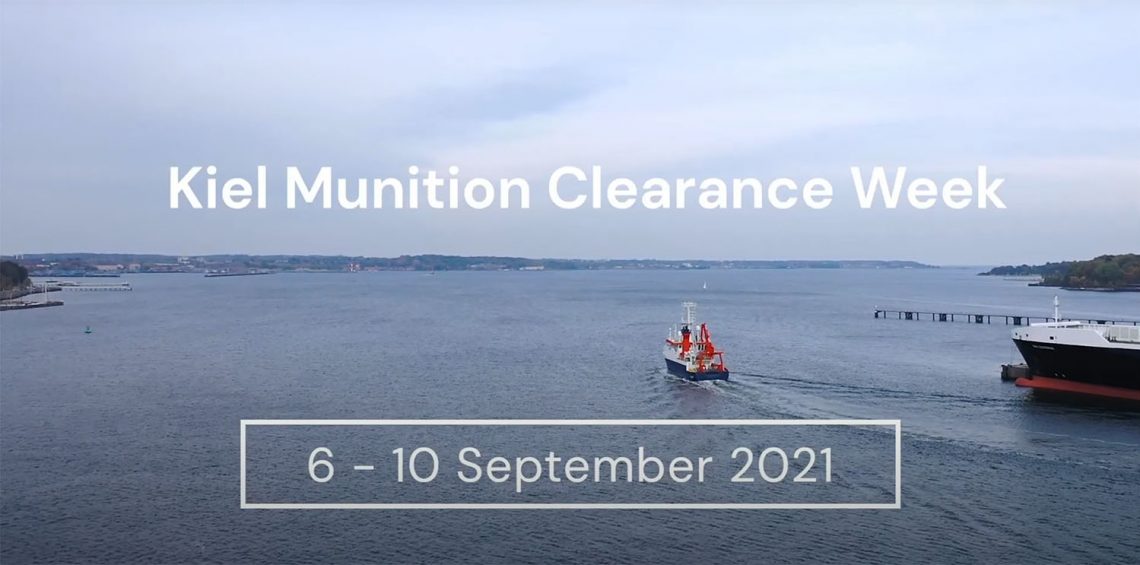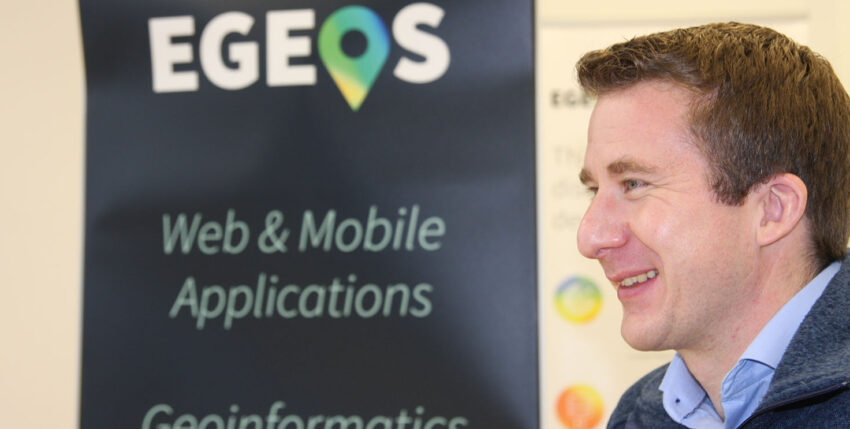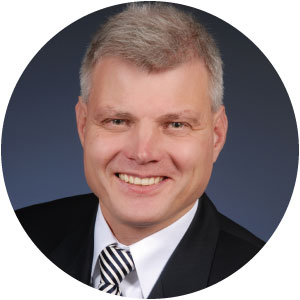Ammunition in the sea - Kiel Munitions Clearance Week aims to promote the removal of contaminated sites in the sea
Over 1.5 million tonnes rust on the seabed Ammunition are still going on. Their explosives jeopardise shipping, the environment and people. The issue is not only relevant for coastal regions: Carcinogenic substances from the Ammunition into the food chain. To visualise the quantity of mines and bombs, imagine a goods train full of ammunition. The wagons stretch from Paris to Moscow - that's 2500 kilometres!
How and by what means can this volume of contaminated sites be removed quickly, safely and in an environmentally friendly manner? An international specialist conference in Kiel in the autumn aims to find out. The patron is the Minister President of Schleswig-Holstein, Daniel Günther. From 6 to 10 September, experts from all over the world will come together at the Kiel Munition Clearance Week (KMCW) together. The aim is to develop solutions for the elimination of the explosive contaminated sites. In addition to the opportunity to present their expertise, the event offers entrepreneurs and research institutions a platform for identifying potential cooperation partners and possible projects in the Baltic Sea region and Europe.
Click on the image to find out more about the Kiel Ammunition Clearance Week.

Contaminant-free Baltic Sea
"Our vision is a Baltic Sea free of contaminated sites by 2050," says Jann Wendt. The environmental geographer developed the digital platform AmuCad.org with the company Egeos. It collects information worldwide on Ammunition waste in the sea. The cadastre is already involved in numerous research projects in which artificial intelligence is used to carry out risk assessments for authorities, industry and research.
Geomar, the Kiel Economic Development Agency, the Maritime Cluster Northern Germany, the state initiative Zukunft Meer, the Ministry of Economic Affairs and the Environment of Schleswig-Holstein, TransMarTec, the Schleswig-Holstein Chamber of Industry and Commerce and the European research project Basta are organising the congress with lectures, workshops and excursions in cooperation with Egeos in order to bring all relevant players together. "We deliberately chose speakers with different levels of experience," says Wendt and emphasises: "Only interdisciplinary networking can solve this problem. Nobody can do it alone!"
Ammunition in the sea - economic opportunity
"Economically, there will be extraordinary opportunities in Schleswig-Holstein, as the clearance of the entire Ammunition in German waters alone," says Friederike Kühn, President of the Schleswig-Holstein Chamber of Industry and Commerce. In addition, there are opportunities to export technologies and expertise to countries that have similar munitions problems, such as England, France, Italy and Japan. "As a centre for maritime industry and marine research, Kiel has the opportunity to establish a new economic sector and put Schleswig-Holstein in the international spotlight," says Kühn. In addition, the state's reputation as a safe tourism region will also benefit.
The event is aimed at a specialist audience. However, Wendt believes it is important that the public also takes part in the dialogue: "The threat posed by Ammunition in the sea is a problem that concerns everyone." That is why the KMCW is offering public discussion forums that complement the conference's specialist programme and offer citizens the opportunity to enter into dialogue with the experts on site. The exact dates will be announced in good time. In the run-up to the conference, there will be a public panel discussion on 4 May at the Hermann Ehlers Academy in Kiel entitled "Ammunition in the sea - How can we combine the requirements of the navy, environmental protection and economic development?
Further information on the event is available at https://munitionclearanceweek.org, on egeos.de and on Twitter @MunClearWeek.
Adrian J. Neumann is project manager of the Kiel Munition Clearance Week.










